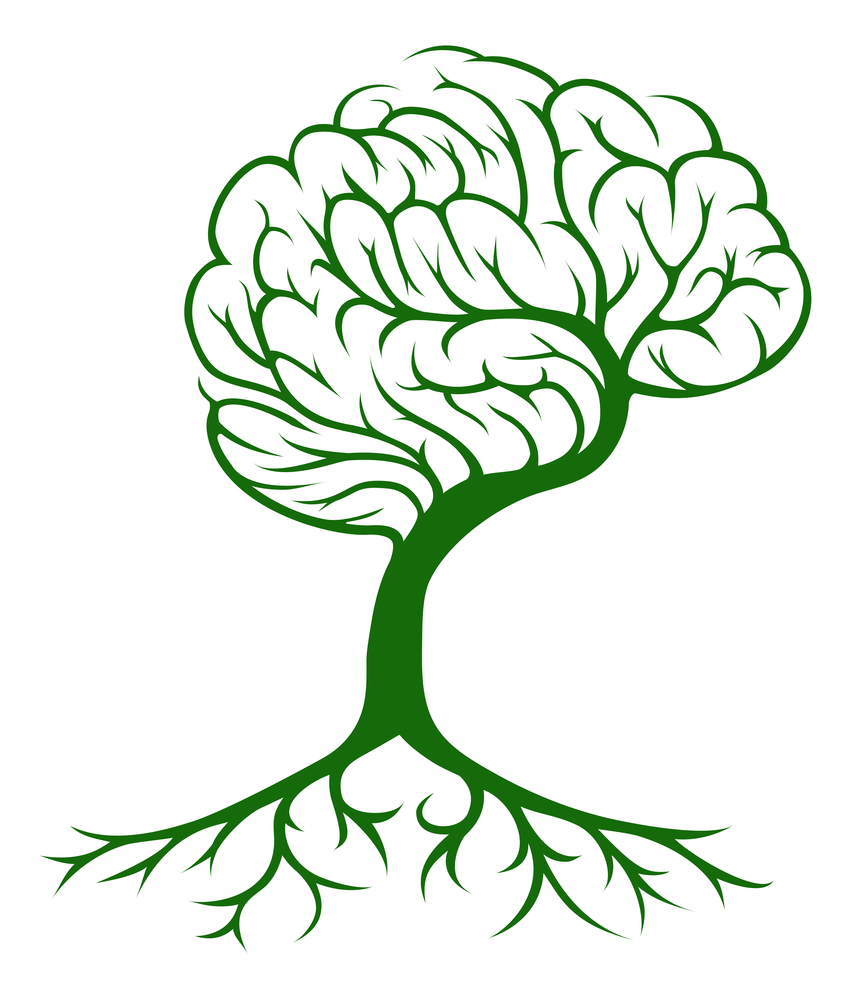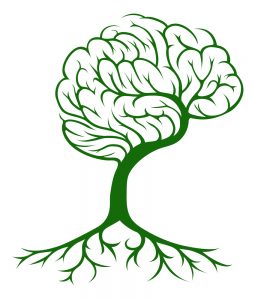When it comes to New Year’s resolutions, I’m typically very cliché.
Like the masses, I always want to, well, “reduce in mass.” But at 22 weeks pregnant, I know weight loss is simply an absurd goal right now.
Instead, I’m focusing on growing my brain. (And my baby — obviously.)
I recently got an email from The Ladders with the subject line “This 15-30 minute routine makes your brain healthier, younger, and smarter.” Intrigued, I clicked. (Busy as I am, I do have 15 to 30 minutes to spare a day.)
The gist? Continually pursue new and different subjects in a variety of different manners, such as:
- Imagining: coming up with ideas
- Reflecting: learning about ideas you come up with
- Analyzing: synthesizing ideas and making plans about what to do with them
- Acting: doing something toward attainment of the idea
- Experiencing: creating something, working with other people, failing
In a way, it’s like a return to childhood, when we tried a ton of different things from all kinds of angles. Incidentally, this was a time when our brains literally expanded left-and-right.
Alas, most of us don’t have the luxury of returning to school. But there are some exceptionally good ways for adults to challenge themselves, such as learning a foreign language, musical instrument, a sport, or any new skill, be it cooking, dancing, computer coding, or floral design.
Likewise, there’s no shortage of ways to learn—be it by reading, watching videos, listening to music, talking (respectfully) to people from different walks of life and different points of view, or eating food from another culture, not to mention the more traditional techniques, such as writing an outline or creating flash cards.
Benjamin Hardy, the email’s author, recommends “gamifying” the learning experience. In other words: turn it into a game with “quests” or “goals” to accomplish.
Why does this work? For starters, games are fun! Additionally, it enhances memory and confidence (the more you “play,” the more you win).
When you learn a new subject in a completely new learning style, your brain makes all kinds of unique connections. This is called “non-linear” or “indirect” learning. It’s also how some of history’s best innovators and artists got their biggest breakthroughs. (FYI: Albert Einstein was working in a patent shop, not an academic setting, when he had his insights on time relativity.)
Want to embark on some brain workouts this year? Here are some of Hardy’s suggestions:
- Try something different or learn something totally new every day
- Set goals, even if it’s just for fun
- Gamify the process as much as you can
- Spend 15-30 minutes five times per week taking a mental break from your job trying something new
- Every few weeks, do an intensive 3-4 hour session when you really focus on a new goal
- While in deep intensive session, take 5-minute fitness breaks every 30 minutes
- Drink tons of water
- Keep a journal nearby to document all your creative insights (whether or not they seem related to your core expertise)
- Imagine where you could your new knowledge or hobby


